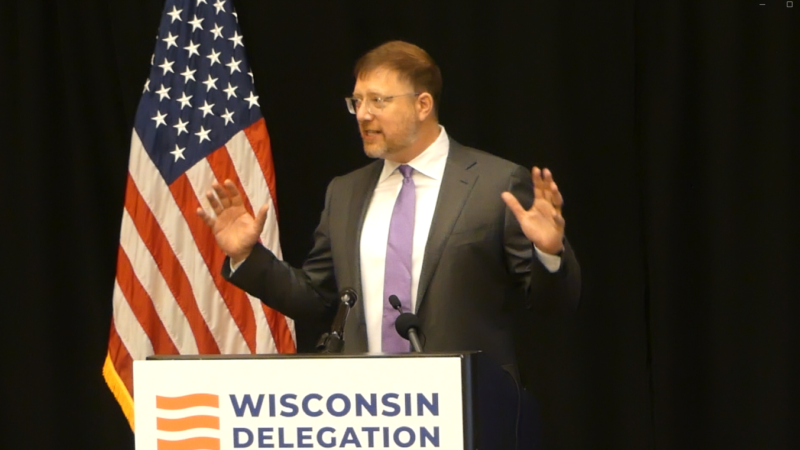Ben Wikler will leave as state Dem chair this weekend with one box unchecked on his to-do list — a Dem trifecta in the Capitol. And he says flipping two seats in the state Senate and five in the Assembly next fall are the key to completing an agenda that includes restoring workers’ rights, ensuring access to health care and fully funding schools. “The great unfinished task is to win the legislativ...
Please log in to access subscriber content.
If you don't have a subscription, please contact schmies@wispolitics.com for subscription options on the WisPolitics-State Affairs platform, which is the new home for WisPolitics subscriber products.

